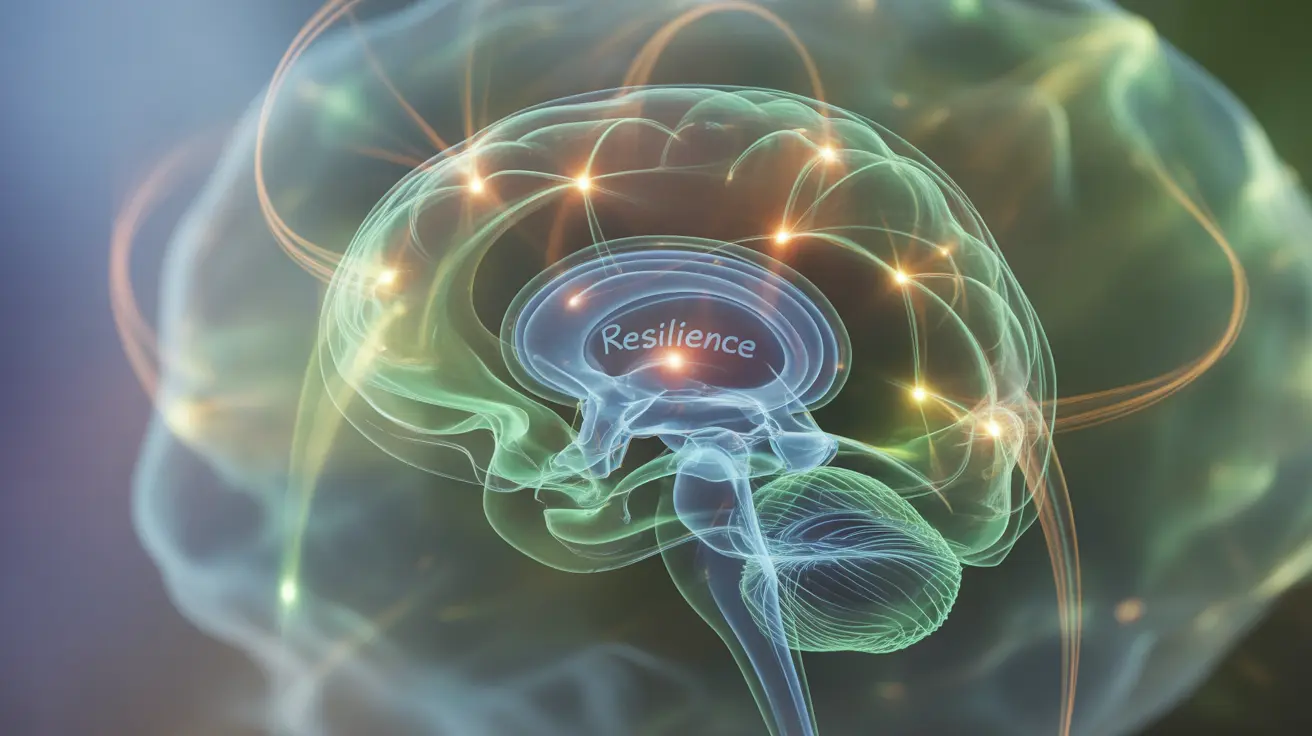Depression and anxiety are serious mental health conditions that can significantly impact a person's ability to work, maintain relationships, and perform daily activities. While many people experience these conditions, severe cases may qualify as disabilities under U.S. law, potentially making individuals eligible for disability benefits and workplace accommodations.
Understanding how depression and anxiety are recognized as disabilities and navigating the benefits application process can be complex. This comprehensive guide will explore the criteria, documentation requirements, and steps needed to secure disability benefits for these mental health conditions.
Legal Recognition of Depression and Anxiety as Disabilities
Under the Americans with Disabilities Act (ADA), mental health conditions like depression and anxiety can qualify as disabilities when they substantially limit one or more major life activities. This recognition provides important legal protections and rights in various settings, including the workplace and access to government benefits.
The Social Security Administration (SSA) also recognizes severe depression and anxiety as potentially disabling conditions under their medical criteria. However, meeting the specific requirements for disability benefits requires detailed documentation and evidence of functional limitations.
Qualifying Criteria for Disability Benefits
To qualify for Social Security disability benefits due to depression or anxiety, individuals must demonstrate that their condition:
- Prevents them from maintaining substantial gainful employment
- Has lasted or is expected to last at least 12 months
- Meets specific medical criteria outlined in the SSA's mental disorders listing
- Significantly impairs their ability to perform basic work functions
The SSA evaluates both medical evidence and functional limitations when determining disability status. This includes assessing how the conditions affect concentration, social interactions, ability to follow instructions, and adaptation to workplace changes.
Required Medical Documentation
Strong medical evidence is crucial for supporting a disability claim based on depression or anxiety. Essential documentation includes:
- Detailed mental health treatment records
- Clinical findings from psychiatrists or psychologists
- Prescribed medications and their effects
- Therapy notes documenting ongoing treatment
- Medical test results and mental status evaluations
- Records of hospitalizations or intensive outpatient treatment
Impact on Work and Daily Living
When evaluating disability claims, assessors look at how depression and anxiety affect various aspects of functioning:
- Ability to maintain regular attendance
- Capacity to handle work-related stress
- Quality of interactions with coworkers and supervisors
- Memory and concentration capabilities
- Ability to complete tasks in a timely manner
- Management of self-care and daily activities
Common Challenges and Solutions
Securing disability benefits for depression and anxiety often presents unique challenges. Applicants may face:
- Difficulty proving invisible symptoms
- Stigma surrounding mental health conditions
- Complex application requirements
- Long waiting periods for decisions
- Initial claim denials
Working with experienced mental health professionals and disability advocates can help address these challenges and strengthen applications.
Frequently Asked Questions
Can depression and anxiety be legally recognized as disabilities under U.S. law?
Yes, depression and anxiety can be legally recognized as disabilities under U.S. law, particularly through the Americans with Disabilities Act (ADA) and Social Security Administration regulations, when these conditions substantially limit major life activities and meet specific medical criteria.
What criteria must be met to qualify for Social Security disability benefits for depression or anxiety?
To qualify, individuals must demonstrate that their condition prevents substantial gainful employment, has lasted or will last at least 12 months, meets specific medical listing criteria, and significantly impairs basic work functions and daily activities.
How do depression and anxiety affect a person's ability to work and perform daily activities for disability claims?
These conditions can impact concentration, social interactions, attendance, task completion, stress management, and overall workplace functioning. Claims must show how these limitations prevent sustained employment and affect daily living activities.
What type of medical evidence and documentation is needed to support a disability claim for depression or anxiety?
Required documentation includes detailed treatment records, clinical findings from mental health professionals, medication history, therapy notes, test results, and evidence of how the conditions impact daily functioning and work ability.
What are common challenges when applying for disability benefits due to depression or anxiety, and how can they be addressed?
Common challenges include proving invisible symptoms, overcoming stigma, navigating complex application requirements, and handling initial denials. Working with mental health professionals and disability advocates can help address these challenges and strengthen applications.




